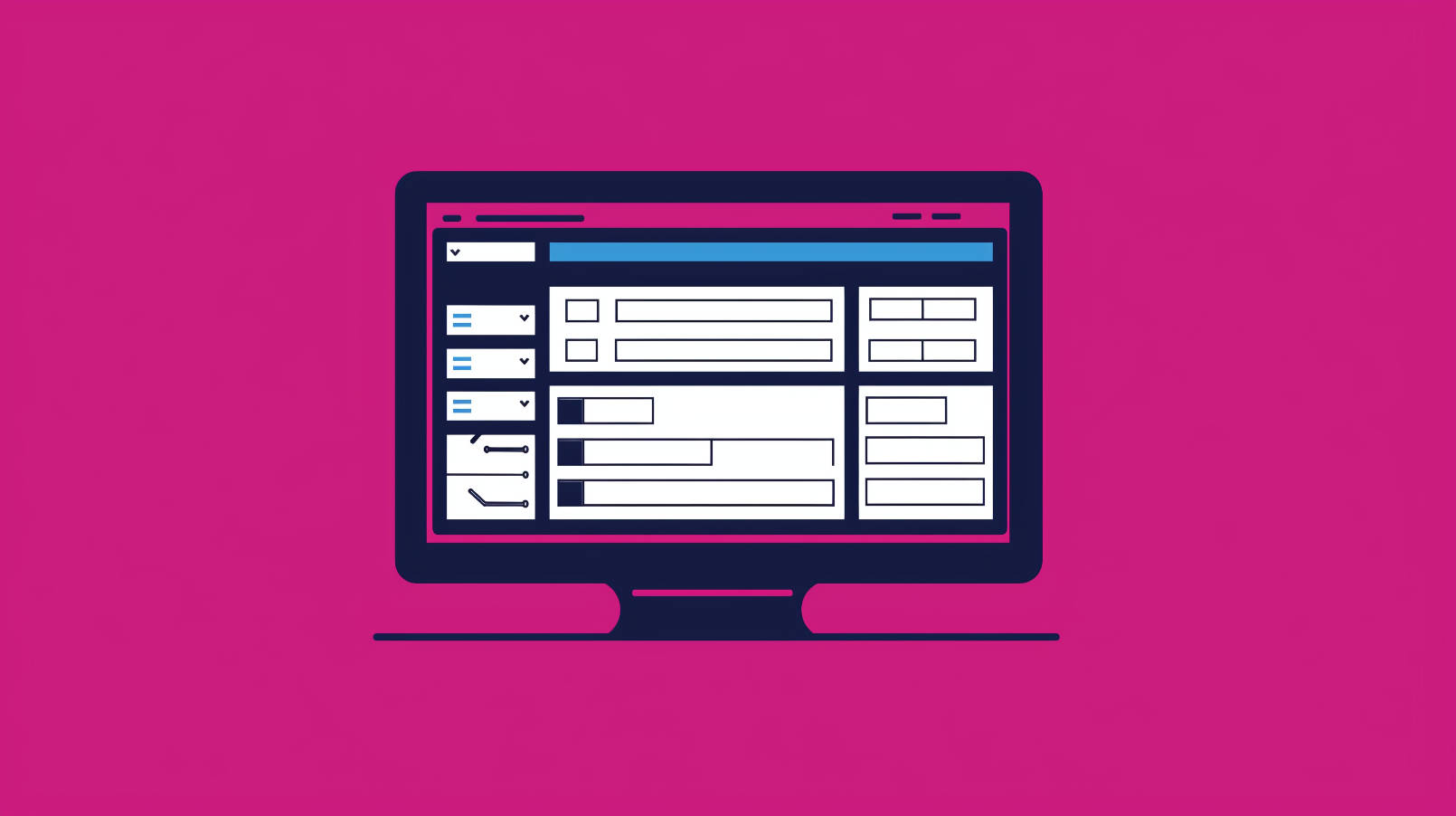Updated 4/25/2023
Google announced its plans to retire Universal Analytics, replacing it with Google Analytics 4 (GA4) by July 1, 2023. All Universal Analytics properties will no longer collect data beginning on that date.
Individuals and businesses that wish to keep using Google Analytics to track their metrics after these dates will have to switch to Google Analytics 4.
Making the Switch to GA4
Google has made a lot of updates to its Analytics program over the last two decades. And unlike previous updates, Google will no longer support older versions of their tracking code with each new release.
So, why is Google dropping Universal Analytics?
Google is changing the way it collects and processes user data. In short, it’s a massive change.
With Universal Analytics, Google primarily depended on cookies and user sessions to collect data. As technology has evolved, this methodology has grown to be outdated, inaccurate, and invasive of some countries’ privacy protections.
With GA4, however, the approach is different. Instead of depending on cookies and browser sessions, GA4 uses events to capture data and deliver that information on the analytics dashboard. And unlike in Universal Analytics, GA4 does not store users’ IP addresses.
Benefits of migrating to GA4
- Cookieless data collection and better privacy controls
- Better access to predictive insights
- Data-driven attribution can lead to more accurate ROI calculations
What Next?
The move to GA4 is inevitable. And, it’s best to begin planning early so there’s no interruption to your analytics tracking.
To make the transition smooth and seamless, we recommend approaching the transition as a phased process.
And it’s important to keep in mind that historical data will only become available once you implement GA4 on your website and applications.
Our Suggested Process:
To help ensure a smooth transition to GA4, we recommend:
- Develop a plan to handle the migration
Before beginning the process, determine what needs to be measured and why before implementing GA4. Get external help from SiteCare if you believe your team needs assistance. - Understand your customers’ behavior and preferences
Study your customers’ behavior and preference across different touchpoints to help get the most out of GA4. - Set up GA4 on your website and applications
- Know your privacy limits
Breaching your users’ privacy can lose their trust in your company and potentially incur legal consequences. Fortunately, GA4 offers lots of privacy controls. However, knowing your privacy limits and your government regulations is still important. - Create an implementation plan
Once you have determined the metrics you want to track, the next thing you will want to do is to document the steps to track them. - Testing
You want to be sure that GA4 is working as it should when implemented on your properties, and the best way to do that is to run tests to confirm the accuracy of the event tracking. - Train your team
Adopting new technologies and processes can be a challenge. Provide a training session, informational guides, and videos to your team so they can understand what GA4 changes will mean for them. - Disable Universal Analytics
Remove any legacy code and API connections to use GA4 once the tests and training have proven successful.
We understand that Google Analytics is a critical part of the reporting for many of our clients. We highly recommend beginning the migration process as soon as possible to give your team the time to become comfortable with the new reporting and to avoid the last-minute rush to GA4.
If you need assistance with the migration to GA4, please feel free to contact our team at hello@sitecare.com.





